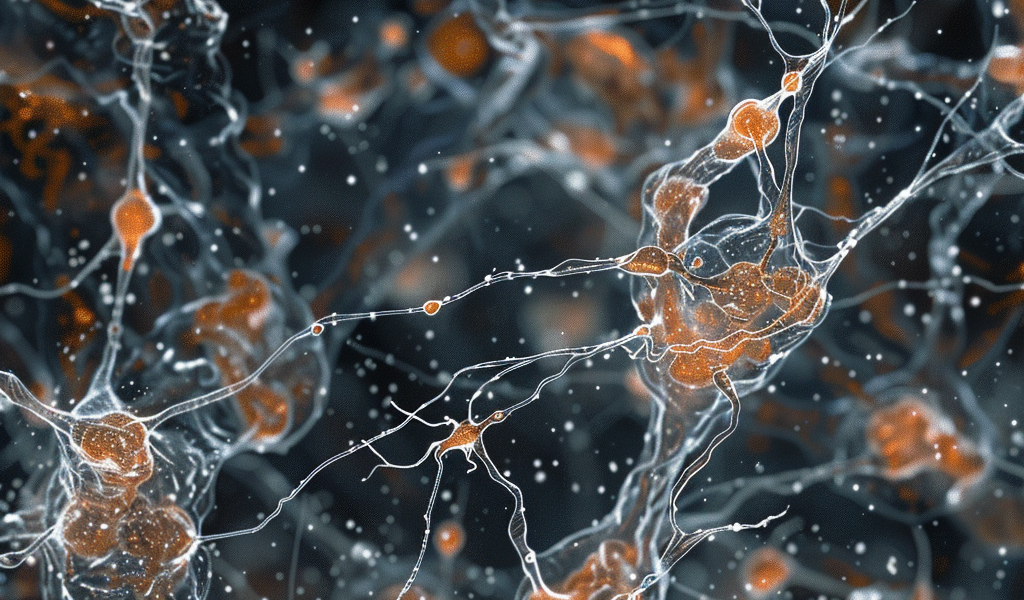Bridging Brain Circuits with Lab-Grown Neural Networks
April 10, 2024
Researchers have achieved a significant breakthrough in neuroscience by successfully connecting lab-grown brain tissues to mimic the complex networks found in the human brain. This innovative method involves linking ‘neural organoids’ with axonal bundles, enabling the study of interregional brain connections and their role in human cognitive functions.
The connected organoids exhibited more sophisticated activity patterns, demonstrating both the generation and synchronization of electrical activity akin to natural brain functions. This achievement not only enhances our understanding of brain network development and plasticity but also opens new avenues for researching neurological and psychiatric disorders, offering hope for more effective treatments.
Key Facts
- The research team linked neural organoids using axonal bundles, achieving more physiologically accurate connections that mirror those in the human brain.
- This connection method allowed for the observation of complex activity patterns and plasticity in the organoids, showing promise for studying brain functions and disorders.
- The study represents a significant step forward in creating functional brain-like tissues in the lab, providing a powerful tool for understanding human brain networks and their implications in health and disease.
The idea of growing functioning human brain-like tissues in a dish has always sounded far-fetched, even to researchers in the field. Towards this future goal, a Japanese and French research team has developed a technique for connecting lab-grown brain-mimicking tissue in a way that resembles circuits in our brain.
Studying the exact mechanisms of brain development and functions has been a challenge. Animal studies are limited by differences between species in brain structure and function, and brain cells grown in the lab tend to lack the characteristic connections of cells in the human brain.
Researchers from the Institute of Industrial Science at The University of Tokyo have found that providing lab-grown ‘cerebral organoids’ with connections similar to those in real brains enhances their development and activity.
Moreover, researchers are increasingly realizing that these interregional connections, and the circuits that they create, are important for many of the brain functions that define us as humans.
Previous studies have attempted to create brain circuits under laboratory conditions, which have been advancing the field. Researchers from The University of Tokyo have recently found a way to create more physiological connections between lab-grown ‘neural organoids,’ an experimental model tissue in which human stem cells are grown into three-dimensional developmental brain-mimicking structures.






